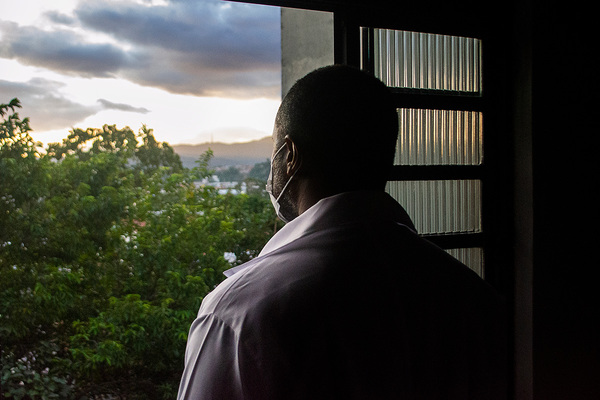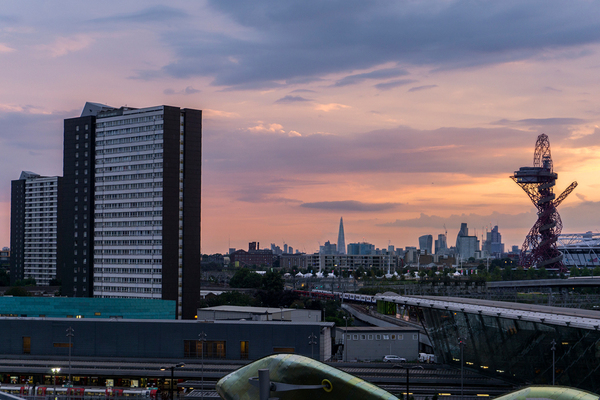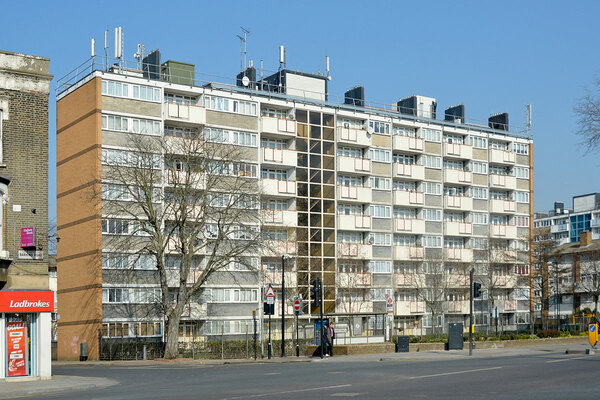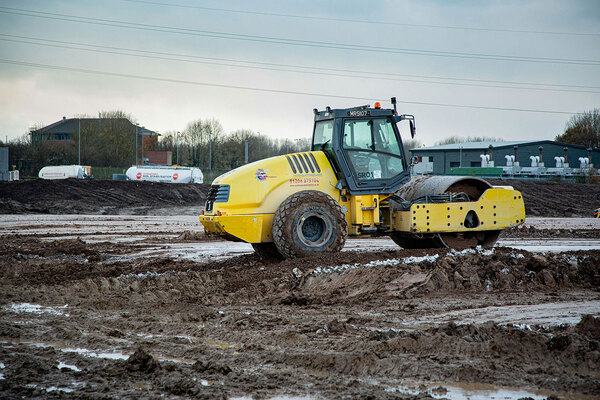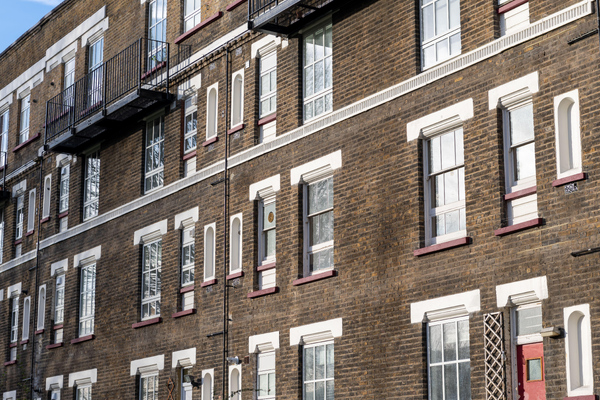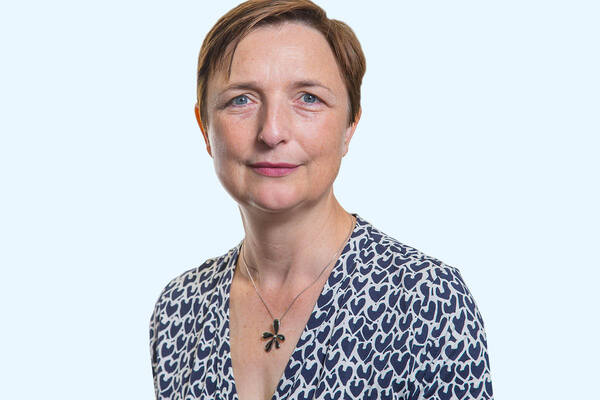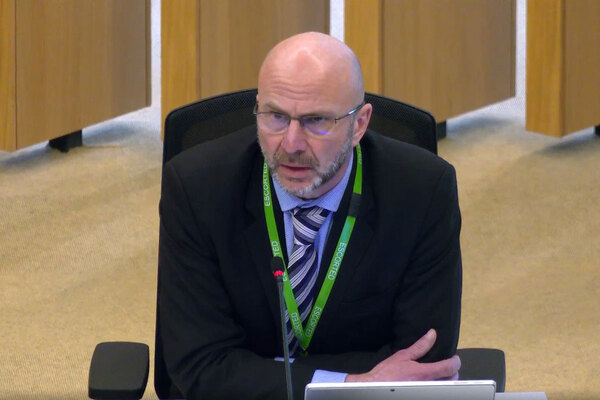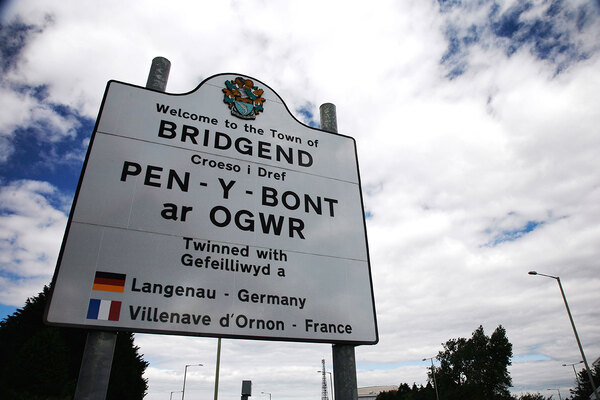You are viewing 1 of your 1 free articles
Poor housing conditions exacerbate COVID-19 infection risks, government report finds
Transmission, morbidity and mortality rates of COVID-19 have been exacerbated in areas where there are poor housing conditions – with black, Asian and minority ethnic (BAME) people disproportionately affected by the virus, according to a government report.
A Public Health England (PHE) review into why BAME people have been worst hit by the pandemic found that issues of overcrowding and housing conditions contributed to the increased spread of coronavirus among these communities.
The PHE report said the disproportionate infection rates could be the result of factors associated with ethnicity, such as “occupation, population density, use of public transport, household composition and housing conditions”.
It added: “The risks associated with COVID-19 transmission, morbidity and mortality can be exacerbated by the housing challenges faced by some members of BAME groups.”
The findings echo Inside Housing analysis, noting that overcrowding is more common in BAME communities, with 30% of Bangladeshi households, 16% of black African households and 18% of Pakistani households in London experiencing overcrowding. Just 2% of white British households in London are overcrowded.
PHE also found that BAME households are more likely to be intergenerational – with younger, active residents of the household likely to spread the virus to older, more vulnerable household members.
Poor housing conditions can lead to increased risk of cardiovascular disease, respiratory disease, depression and anxiety, all of which can lead to worse outcomes if an individual becomes infected with COVID-19, PHE said.
The review also heard from local government stakeholders, who suggested that a decade of austerity and cuts to council budgets had left them unable to address issues of poverty, social exclusion and poor housing conditions.
PHE recommended cross-government action to tackle root causes of inequalities, including housing and employment.
Sign up for our daily newsletter
Already have an account? Click here to manage your newsletters
